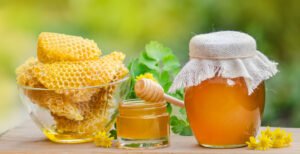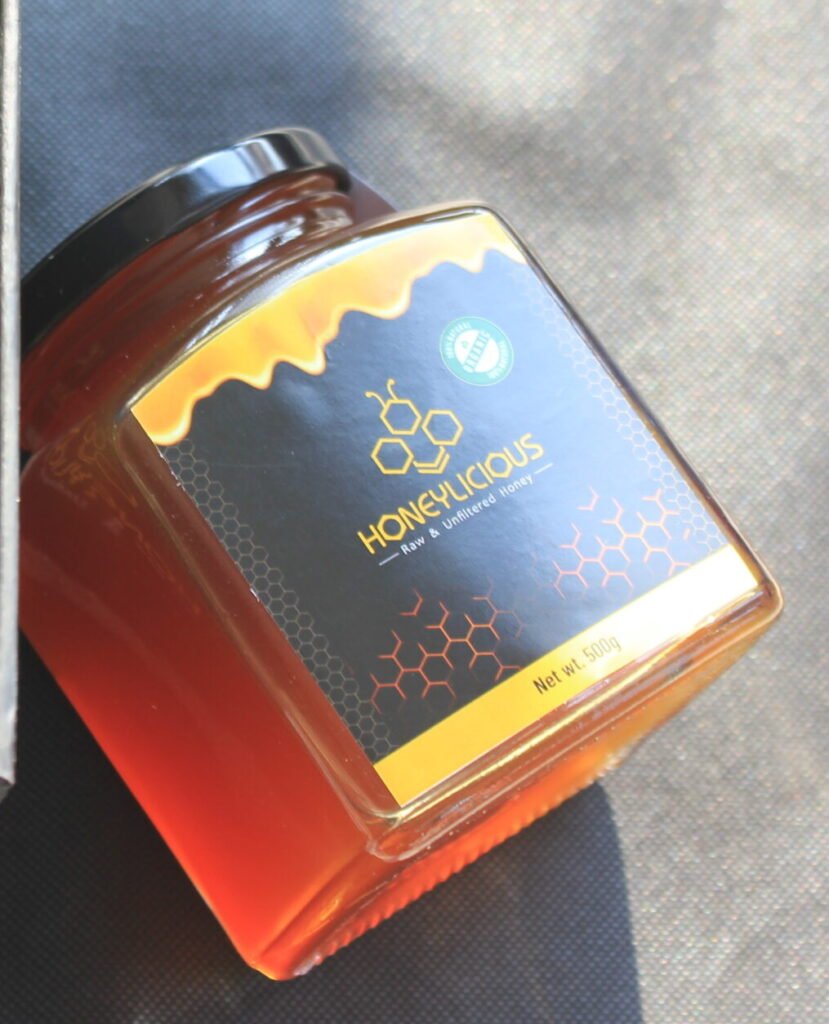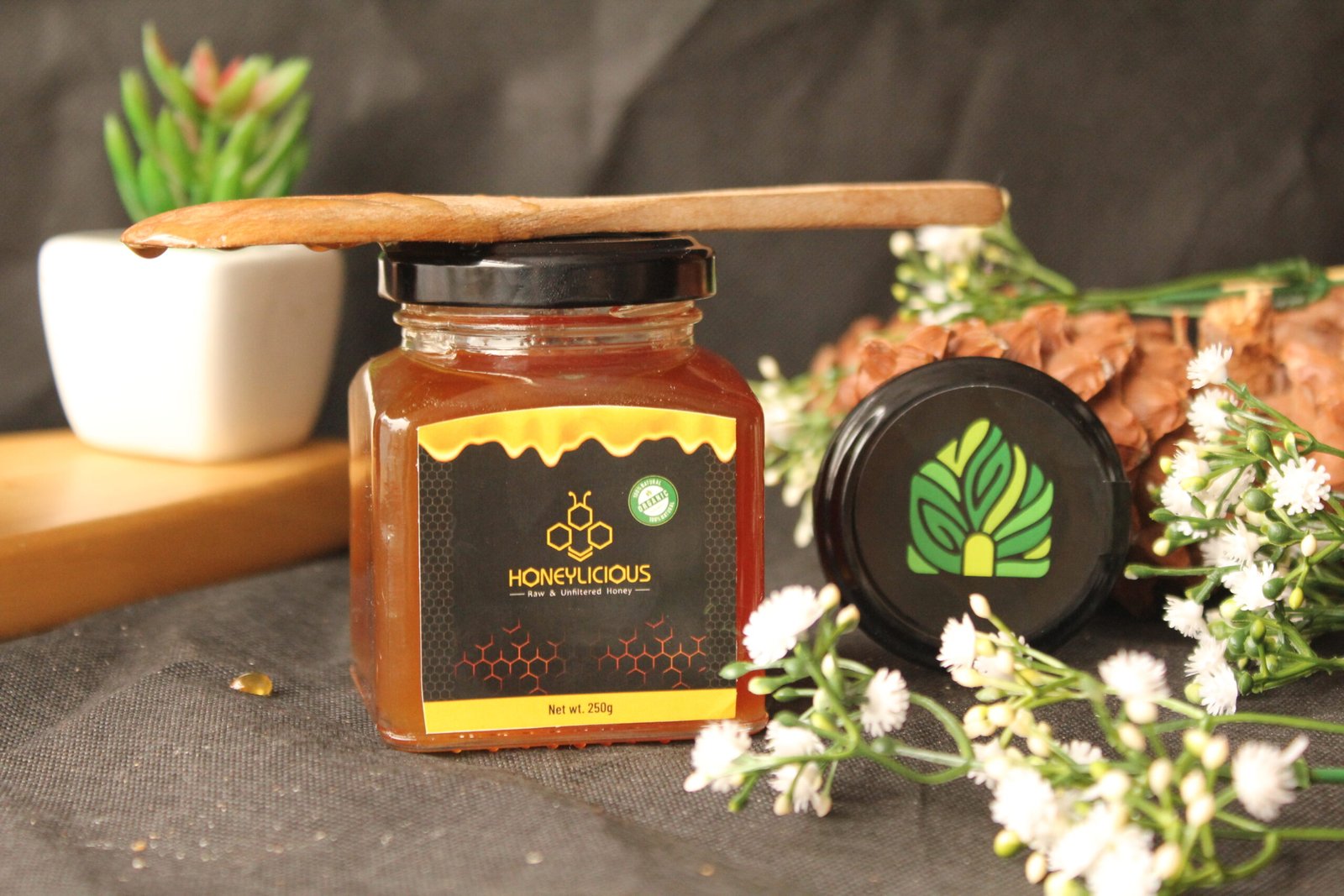Honey has an important place in Islamic tradition and is held in great esteem in the Quran and Hadith for its medicinal value, nutritional value, and symbolic significance. It has been mentioned in the Quran and in several sayings of the Prophet Muhammad (PBUH) and hence occupies a great position in Islam.

Honey in the Quran
Honey is explicitly mentioned in the Quran in Surah An-Nahl (16:68-69) when Allah commands the bees to make honey:
_”And your Lord inspired to the bee: ‘Take for yourself in the mountains, houses and among the trees and (build) wherein they may. Then eat from all fruits and follow the ways of your Lord laid down for you.'” There comes out of their bellies a drink varied in colour wherein is healing for men. Lo. in that there is indeed a sign for the people who reflect.
This verse underscores the health benefits of honey by referring to it as a “healing for people.” It indicates that honey possesses medicinal qualities, which have been in praise in Islamic traditions for many centuries. Its application both as food and medicine has widely recognized nourishment and therapeutic values.
Honey in the Hadith
Even the Prophet Muhammad (PBUH) complimented honey in his sayings. One of the famous Hadiths narrated by Abu Huraira reads:
“Use honey, because it has a remedy for all diseases.” (Sahih Bukhari)_
This further strengthens the belief that honey is a potent natural medicine. It is not only a source of nourishment but also a way to maintain health and wellness.
Symbolism and Usage
Honey is commonly applied in Islamic culture for many things, such as in medicines, rituals, and natural sugar. It is a symbol for purity, health, and heavenly gifts. It is encouraged that honey be consumed in limited quantities as part of living healthy and balanced lives.
Honey’s role in Islam is spiritual as well as practical, for being mentioned in the Quran and Hadith, its utility value as a nourishment and healing agent is valued.


